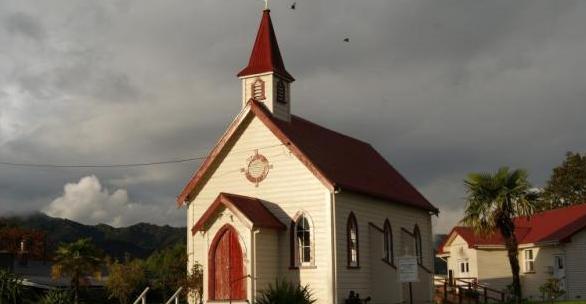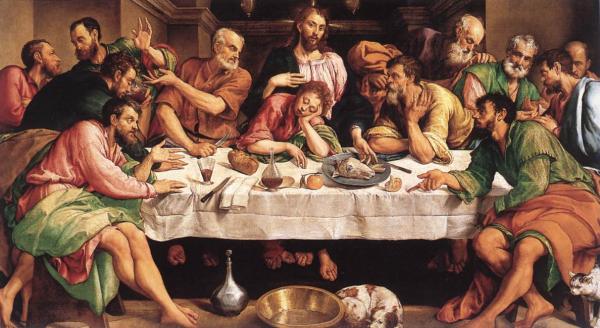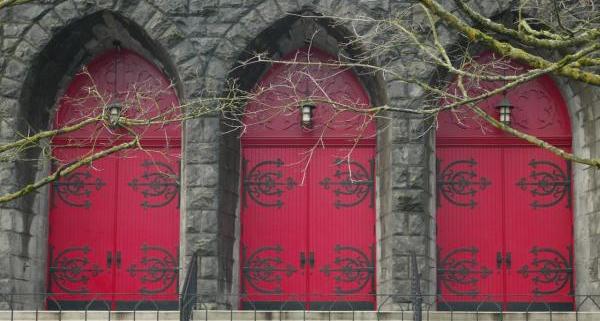What is the role of the church in the larger society? What does it mean for Christians to be “political”?
Stanley Hauerwas’s A Community of Character, while being over three decades old, still represents well Hauerwas’ continuing influence on Christian ethics. His narrative and virtue ethic, which he views as not a distinct discipline from theology, but rather as a sub-set of theology, is still very much a live option within the fields of ethics as well as political and public theology.
In his Introduction, he describes his own position succinctly:
Because I contend that Christian ethics is distinctive, I make no pretense to be doing ethics for everyone. However this does not mean I think my arguments can be judged only from within Christianity. Arguments are arguments, and I assume that my appeal to Christian convictions does not render my position immune from challenges by those who do not share those convictions…My insistence on the distinctiveness of Christian ethics is not meant to be distinctive or exclusionary, but derives from a frank, and I hope honest, recognition that, methodologically, ethics and theology can only be carried out relative to a particular community’s convictions.
That is what this book is all about. As theology it implicitly involves a critique of a great deal of contemporary theology that seeks to uncover the meaning of Christian “symbols” or “myths,” as if those symbols had no social function. Though seldom noticed, the reductionistic tendencies of modern theology are as much due to the loss of a sense of the political significance of the Gospel as to the more strictly “intellectual” challenges engendered by the Enlightenment. The proponents of “political theology” are therefore right to claim that the meaning and truth of Christian convictions cannot be separated from their political implications. They are wrong, however, to associate “politics” only with questions of social change. Rather the “political” question crucial to the church is what kind of community the church must be to be faithful to the narratives central to Christian convictions.
Any community and polity is known and therefore should be judged by the kind of people it develops. The truest politics, therefore, is that concerned with the development of virtue. Thus it is not without reason that Christians claim that the polity of the church is the truest possible for human community. It is from the life of the church, past, present, and future, that we even come to understand the nature of politics and have a norm by which all other politics can be judged. That the church has often failed to b such a polity is without question, but the fact that we have often been less than we were meant to be should never be used as an excuse for shirking the task of being the people of God… (2)
Many are convinced that “social ethics” should be primarily concerned with policies and strategies to insure just distribution of resources, or the theories of justice presupposed by such policies. It is certainly not my intention to deny the importance of such issues, but when they are treated as the fundamental questions of social ethics, the contribution of the church is easily lost. For Christians no theory of justice can substitute for their experience and their discussion of what implications their convictions have regarding how they should care for and treat others within and without their community…
Put as directly as I can, it is not the task of the church to try to develop social theories or strategies to make America work; rather the task of the church in this country is to become a polity that has the character necessary to survive as a truthful society. That task carried out would represent a distinctive contribution to the body politic we call America. (3)











